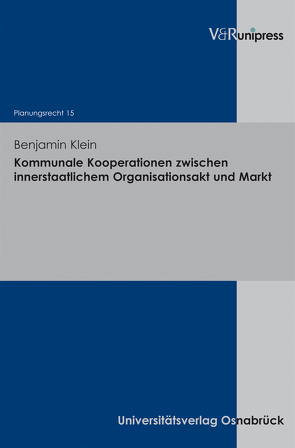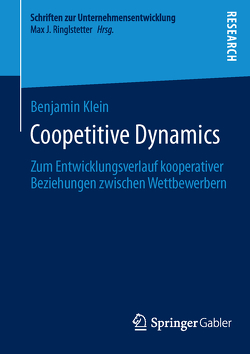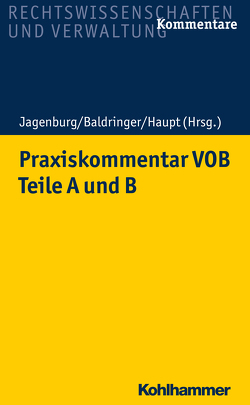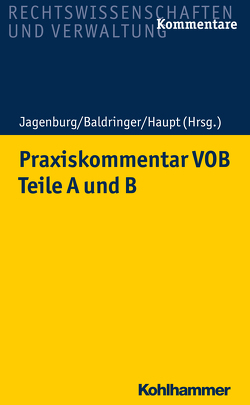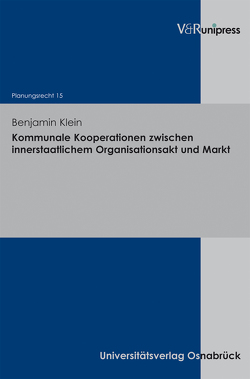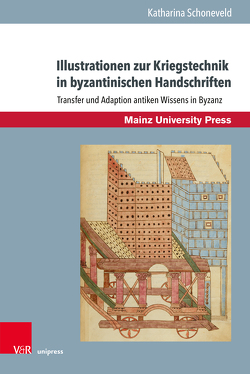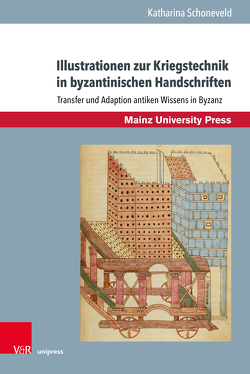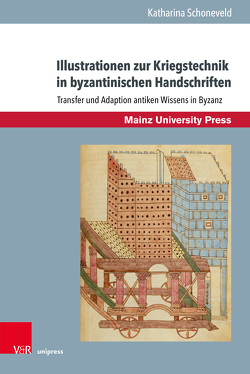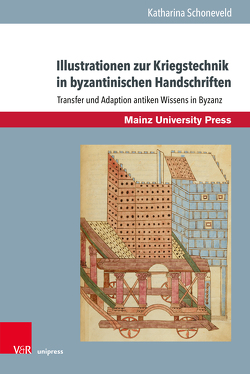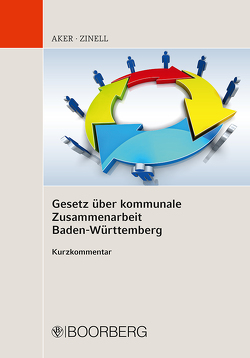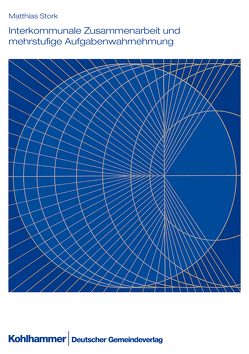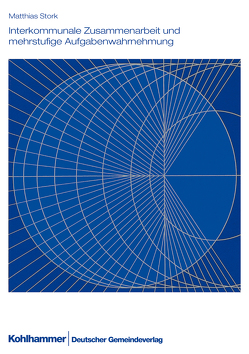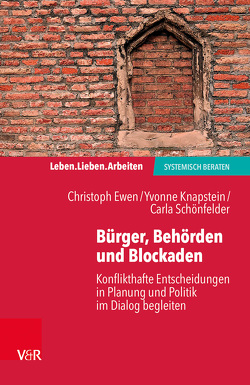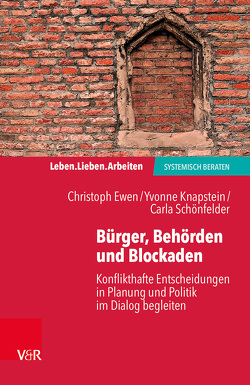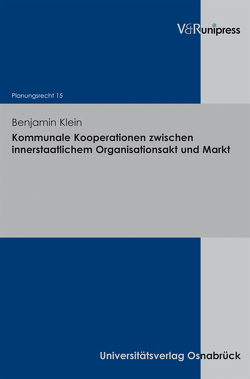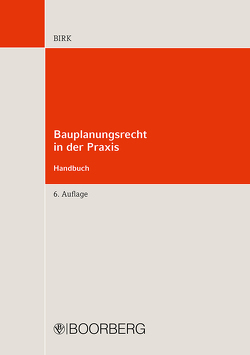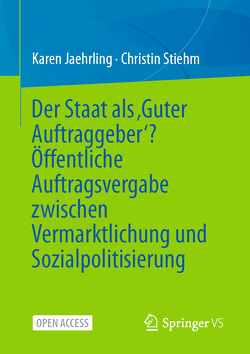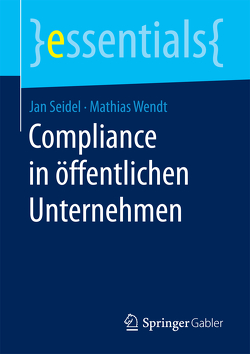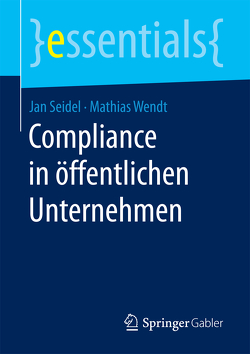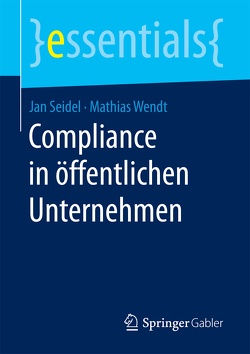Kommunale Kooperationen zwischen innerstaatlichem Organisationsakt und Markt
Ein Beitrag zur Bestimmung der Reichweite des europäischen Vergaberechts dargelegt am Beispiel der Vergabekoordinierungsrichtlinie, des Vergabeprimärrechts und des deutschen Kartellvergaberechts
Benjamin Klein, Bernhard Stüer
In times of decreasing municipal budgets, communal cooperation is an important means for German municipalities to fulfil their responsibilities, especially in the field of public goods and services. Beginning with the new millennium, however, several courts have ruled that communal cooperation might constitute a public contract; in these cases municipalities are only allowed to cooperate if a formal tendering procedure is conducted before to give private companies the chance to be awarded the contract instead of a municipality. This has resulted in controversial discussions and legal uncertainty. The thesis lays out the basic structures of European public procurement law and the constitutionally founded principle of German municipal self-government. The author attempts to reconcile the principle of municipal self-government and the right of the municipalities to cooperate to fulfil their responsibilities on the one hand and the European law of public procurement as a part of European competition law on the other. The proposed solution is mainly based on Article 106 (2) TFEU and takes into consideration the fact that the position of municipalities has been consolidated by the Lisbon Treaty.
